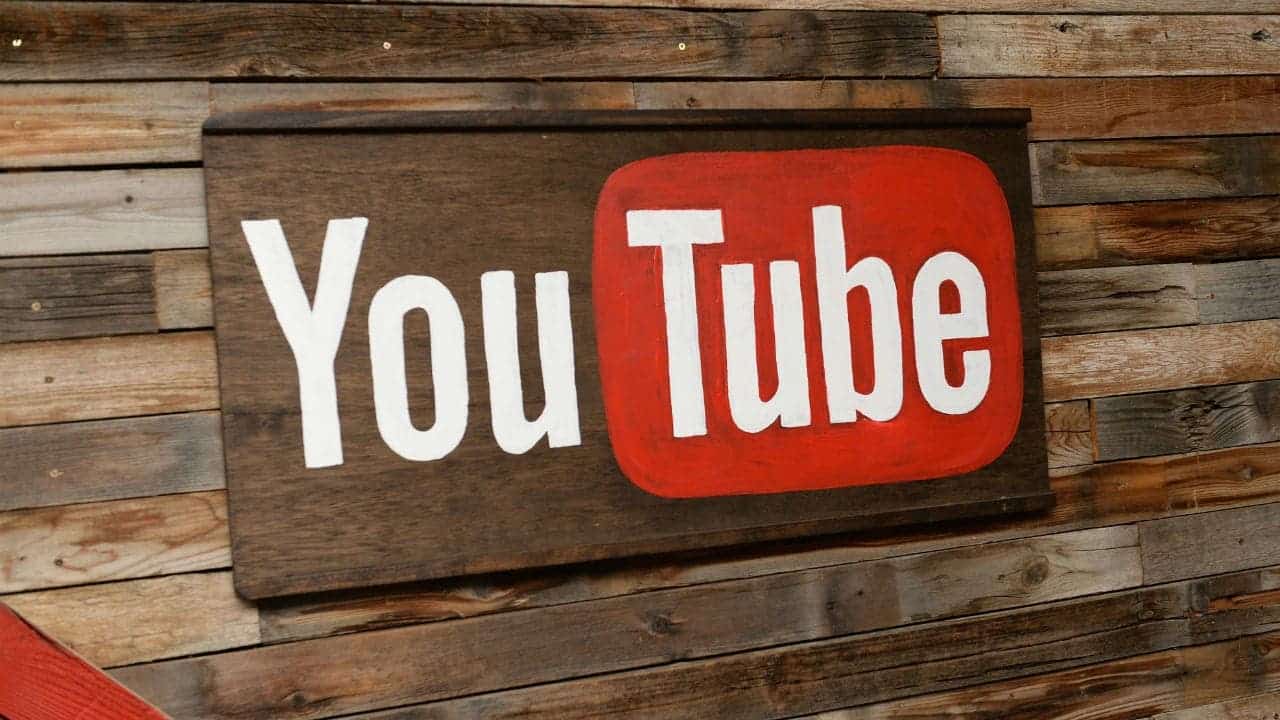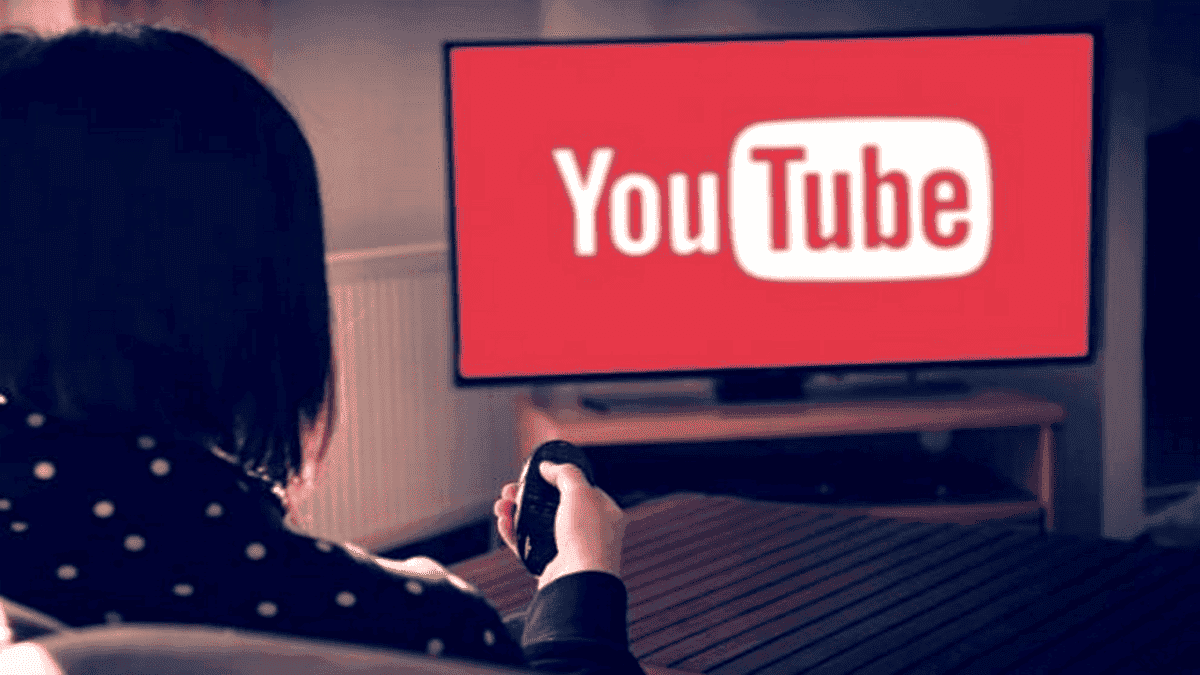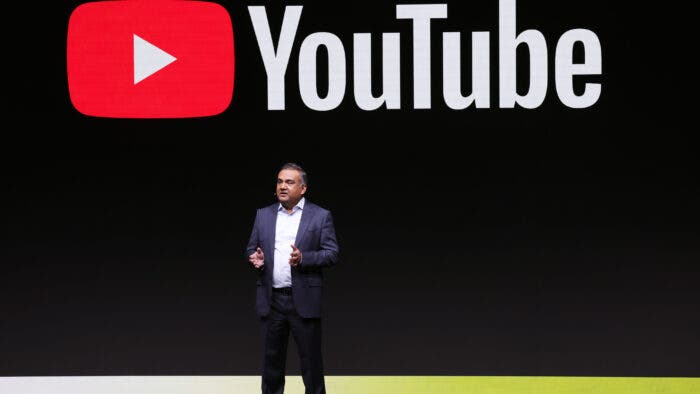YouTube has recently won a lawsuit accusing the platform of racial bias against Black and Hispanic content creators. The lawsuit was filed in 2020 by a group of Black, Hispanic creators who alleged that YouTube’s software was systematically removing their videos without explanation and taking away their ad revenue. The case title is Newman et al v Google LLC et al, U.S. District Court, Northern District of California, No. 20-04011. On Thursday, a U.S. federal judge dismissed the lawsuit. The judge, Vince Chhabria ruled that though the claim of the plaintiffs seem plausible, they were unable to prove that they suffered any bias.

Background of the racial bias lawsuit
The lawsuit was filed in 2020 by a group of Black creators who claimed that YouTube’s algorithms were biased against them. They alleged that the platform was removing their videos without explanation and taking away their advertising revenue. The lawsuit also claims that YouTube allows similar videos by white creators to remain on the platform. The creators also claimed that YouTube uses its power to restrict and block them based on racial identity or viewpoint discrimination for profit.
The Lawsuit
The lawsuit was filed in the U.S. District Court for the Northern District of California in San Jose. The plaintiffs included eight Black and Hispanic creators who had a combined total of more than 160 million subscribers on YouTube. They alleged that YouTube’s algorithms were biased against them and that the platform was engaging in racial discrimination.
The Court’s Decision
On August 17, 2023, U.S. District Judge Vince Chhabria dismissed the lawsuit, ruling that the plaintiffs had failed to prove that YouTube’s algorithms were racially biased. Judge Chhabria stated that the plaintiffs had not provided sufficient evidence to support their claims and that YouTube’s policies were content- neutral.
In his judgement, the judge said that though YouTube said that its algorithm will treat everyone the same way, it did not promise that its algorithm is infallible. The judge further rules that there were not enough videos to prove the case. In fact, according to Chhabria, some of the videos actually did more harm to the case than good.
He gave YouTube’s ban of one plaintiff’s “makeup tutorial” on how to achieve Donald Trump’s “distinctive look” as a case study, claiming that this might be explained by the plaintiff bringing up the Ku Klux Klan and citing lighter makeup colours as symbols of white supremacy.

Chhabria wrote that the case “certainly appears to be joking around, likely in an effort to mock white supremacists. But this would readily explain the differential treatment by the algorithm.” The case was dismissed with prejudice. This means the case can not return to the court after five amendments.
YouTube’s Response
YouTube welcomed the court’s decision and stated that it was committed to ensuring that its platform was fair and inclusive for all creators. The company has been working to improve its algorithms to reduce bias and increase clarity. In a blog post, YouTube stated that it had made huge progress in tackling the concerns raised by the plaintiffs. It also claims that it would continue to work to improve its system.
Plaintiff’s response
The plaintiff after the ruling said they maintain their stand on YouTube’s bias. However, they said they will keep a close watch on YouTube’s action. This will determine whether they will be back in court. The plaintiffs also claim that a negative consequence of this case is that other people may not want to bring similar cases to court. However, they stated that they will not be deterred and will return to court if YouTube’s bias continues.
Conclusion
YouTube’s victory in this racial bias lawsuit is a big win for the platform. The plaintiffs had hoped to hold the company accountable for alleged racial discrimination but this did not happen. The court’s decision is a setback for the plaintiffs. However, the issue of racial bias on YouTube and other social media platforms is still a big concern. As the platform continues to evolve, it will be important for YouTube and other companies to remain vigilant. They have to take care of issues of bias and ensure that their systems are fair and inclusive.



